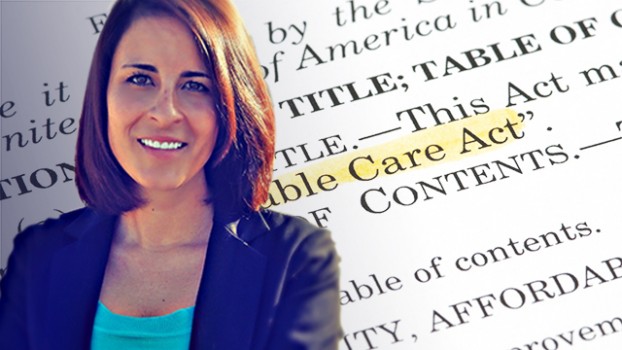You are looking at an archived version of our site. Please visit thepcc.org for a fresh, new experience!
You are here: Array » Court Invalidates Rule ...
Court Invalidates Rule On Association Health Plans
On March 28, 2019, Judge John D. Bates of the District of Columbia found major provisions of the Department of Labor’s (DOL’s) final rule on association health plans (AHPs) to be unlawful. The rule’s interpretation of “employer” to include working owners and groups without a true commonality of interest was unreasonable and, as Judge Bates put it, “clearly an end-run around the [Affordable Care Act].” The court set aside these parts of the regulation and remanded the rule to the DOL to determine how the rule’s severability provision affects the remaining provisions. From here, the DOL could opt to rescind the rule altogether, try to revise it in a way that comports with Judge Bates’ decision, or appeal the decision to the Court of Appeals for the D.C. Circuit.
The court’s decision included a number of choice words but repeatedly described the final rule’s changes as “absurd.” This is the second time this week that a court has invalidated, on the merits, one of the keystones of the Trump administration’s approach to health policy. These decisions suggest that courts will continue to analyze these policies based on what the rules do (rather than what the administration says they do) and whether they are truly consistent with federal law (rather than undermining bedrock statutory principles and congressional intent).
Recent News
August 16, 2024
August 12, 2024
July 16, 2024
May webinar highlights: “The Commercial Market: Alternative Payment Models for Primary Care” Nate Murray explains w… https://t.co/KX9Wi2w6oY —
2 years 7 months ago
@CMSinnovates’ primary care strategy is rooted in a 2021 @theNASEM’s report which called #primarycare “foundational… https://t.co/glbPxvCysg —
2 years 7 months ago
@CMSinnovates has a new #primarycare strategy, envisioning “ACO-based primary care model tests that may focus on pr… https://t.co/aJGF1z411l —
2 years 7 months ago
- Page 1
- ››
Secondary menu
Copyright © 2024 Primary Care Collaborative




